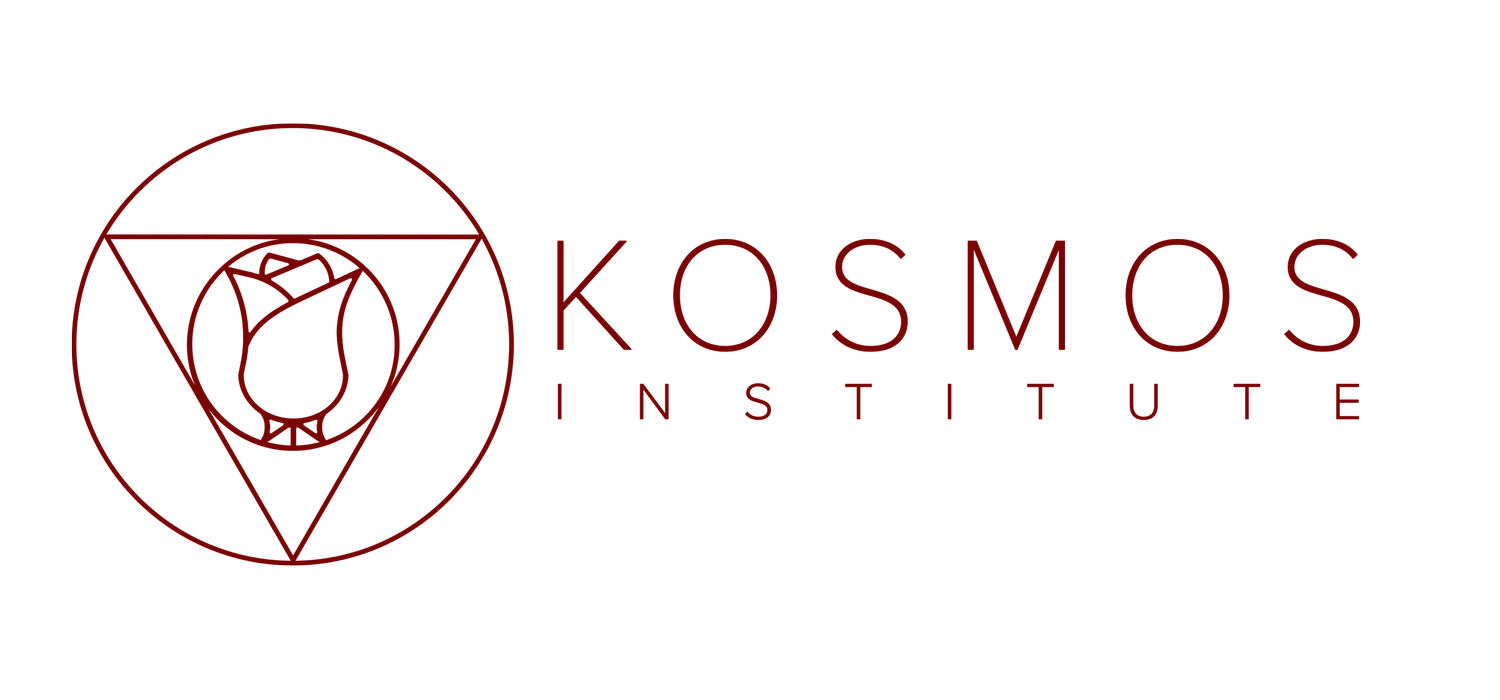The Magical Power of Music: From Late Antiquity to the Renaissance
Dr. Sebastian F. Moro Tornese
Winter 2026
This course explores the magical, theurgical, and metaphysical dimensions of music, focusing on how Neoplatonic ideas influenced medieval and Renaissance thought. Beginning with figures such as Calcidius, Macrobius, Martianus Capella, Boethius, and Aristides Quintilianus, it traces the legacy of Plotinus, Proclus, and Iamblichus into the Renaissance, emphasizing the works of Nicholas Cusanus, Marsilio Ficino, and Pico della Mirandola. Key Christian mystical thinkers such as Dionysius the Areopagite, Meister Eckhart and Dante, will also be discussed, revealing how their writings on metaphysical ascent and mystical union influenced Christian understandings of music as a bridge to the divine.
Key Themes
Music as Theurgy: How sound and harmony make divine communication and mystical ascent possible, serving as a sacred practice for aligning with higher realities and reactivating a connection to the divine.
Non-Discursive Language: Music as a vehicle for expressing ineffable truths, transcending the limitations of rational and conceptual discourse and engaging directly with the metaphysical and mysteric.
Integration of Arts and Sciences: The mathematical quadrivium consisting of music, arithmetic, philosophy, and astronomy, as a synthesis revealing the cosmic order, complemented by the trivium—grammar, rhetoric, and dialectic— the logical arts of expression, all linked to the harmony of the spheres.
Renaissance Humanism and Harmonia: Revival and reinterpretation of ancient doctrines of harmony to inspire new visions of beauty and unity. This includes iconic forms of harmony as well as evocations of negative theology and the universal wisdom embodied in the concept of philosophia perennis.
Sound as Universal Kinship: Exploring sound as a universal principle, bridging traditions. In Indian thought, nada brahma perceives sound as the divine essence of creation, while Zen Buddhism regards silence (emptiness) as a space to experience being and non-being, transcending dualism and pointing to the infinite plenitude of the Neoplatonic One—the source of all sonic possibilities.
Mystical Experience and Musical Practice: Examining the relationship between mystical experience, metaphysical insight, and musical practice, with a focus on the influence of figures like Dionysius the Areopagite, Meister Eckhart, and Nicholas of Cusa on Christian mysticism, as well as on the reception of this conception in the Romantic period’s exploration of music as a vehicle for metaphysical experience. In Romanticism, music often served as a medium for the individual's connection to nature, the divine and the ineffable Absolute, echoing the mysteric traditions of earlier eras.
Students will explore the interplay between mystical experience, metaphysical insight, and musical practice across historical and cultural contexts.
Nine Saturdays Live on Zoom
10 AM — 11:30 AM PDT
January 10 — March 7, 2026
Enrollment opens September 21, 2025
Born in Buenos Aires, Argentina, Dr. Moro Tornese pursued studies in the United States and later moved to Spain where he earned a Master's degree from the University of Oviedo. Subsequently, at Royal Holloway, he completed his doctoral work under the supervision of Professor Anne Sheppard with the support of scholarships from the Arts and Humanities Research Council, UK, and The Hellenic Institute at Royal Holloway. His focus was on the Neoplatonic philosophy of music, exploring the concept of cosmic harmony in Proclus' Commentaries on Plato's Timaeus and Republic.
He engaged in postdoctoral projects at Pompeu Fabra University, Barcelona, with a Haas Association scholarship, and at the Eugenio Trías Center for Philosophical Studies, sponsored by "Caixa Bank". His postdoctoral research delved into the philosophical implications of Pythagorean-Neoplatonic musical thought, studying concepts such as universal harmony, cosmic sympathy and the musical conception of the "Anima Mundi" ("World Soul") and "Scala naturae" (Great Chain of Being).
He served as an associate professor of Medieval philosophy at Pompeu Fabra University, where he also taught courses on Ancient and Medieval Aesthetics and Philosophy of Music. Additionally, he was a professor of Rhetoric in the Master's program in Literary Journalism and Humanities at the Autonomous University of Barcelona.


